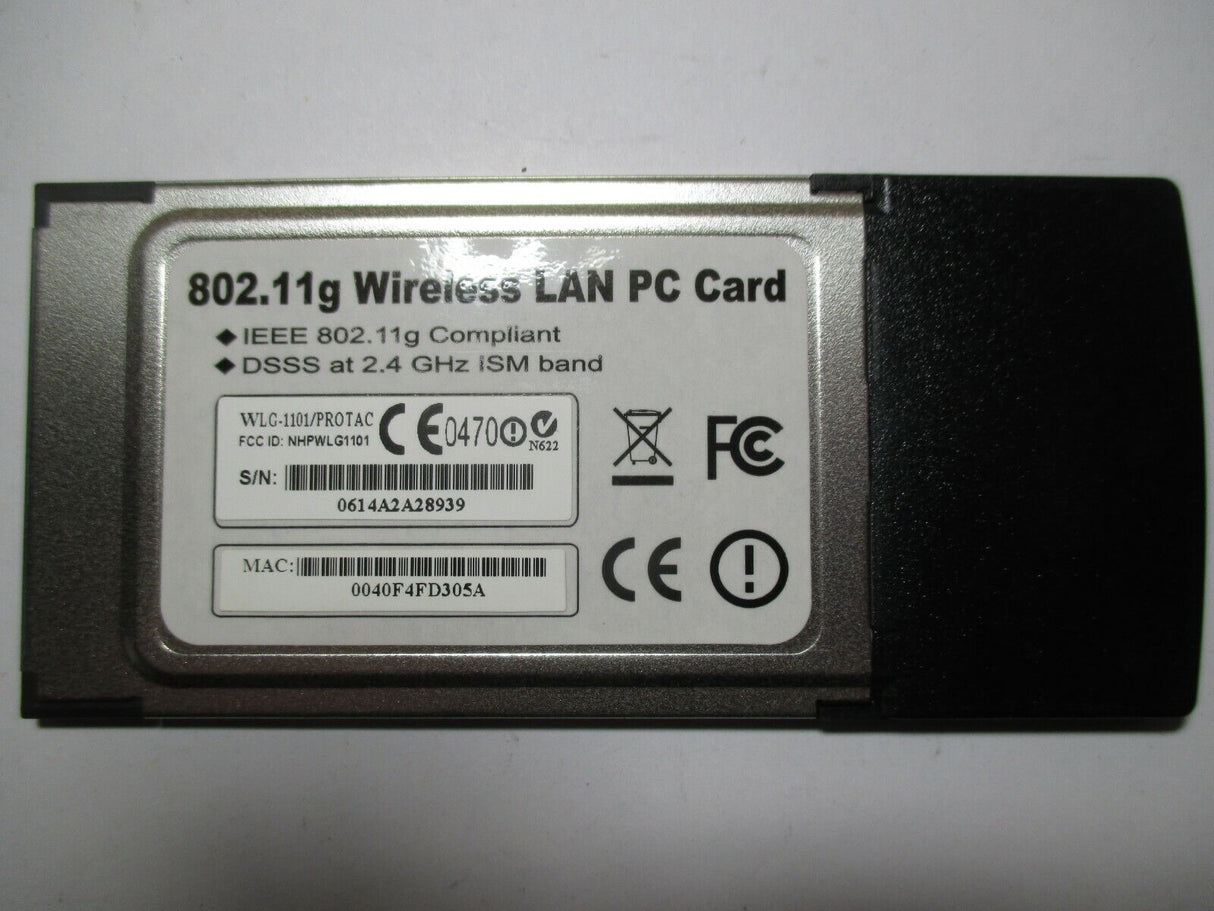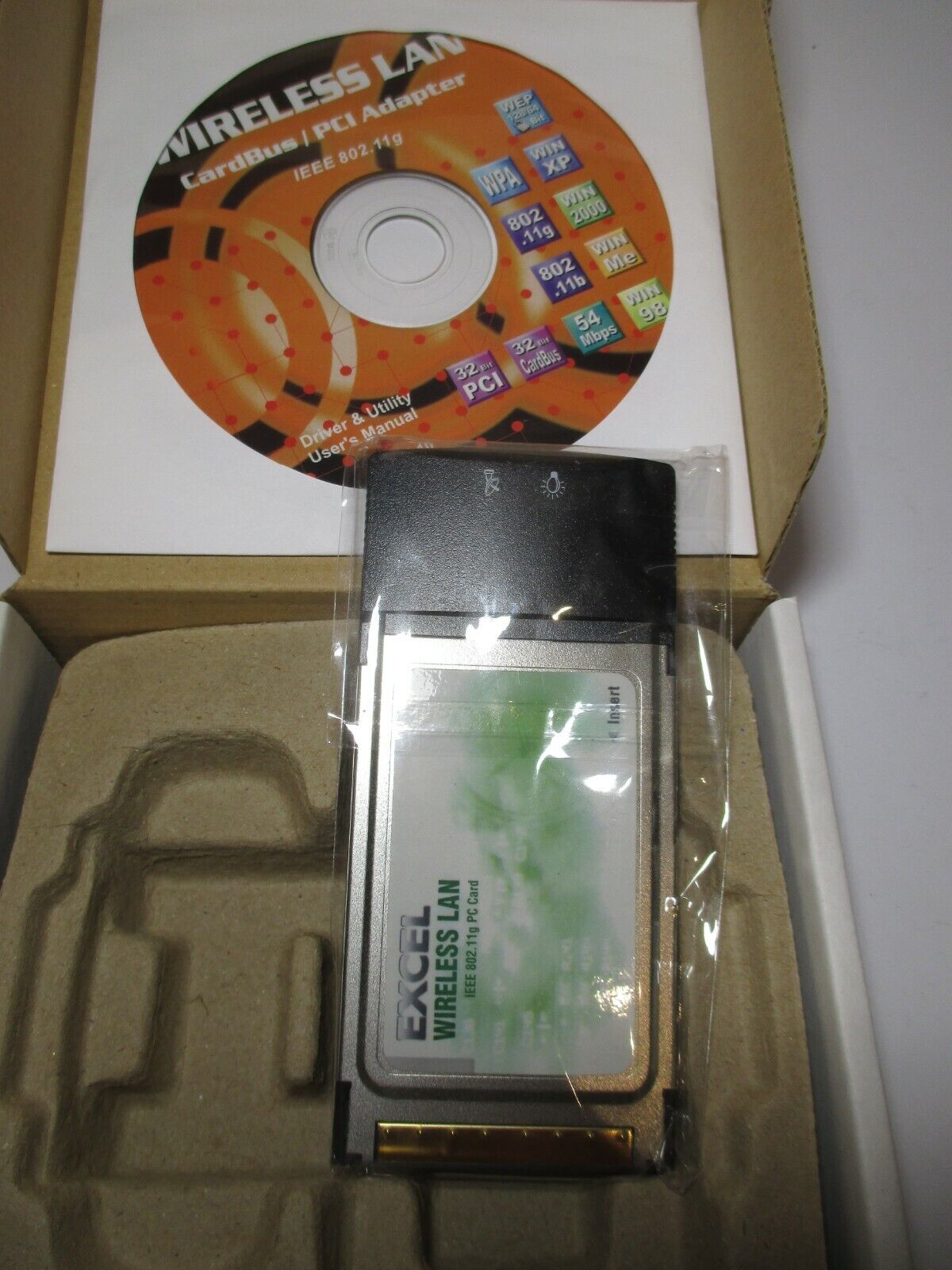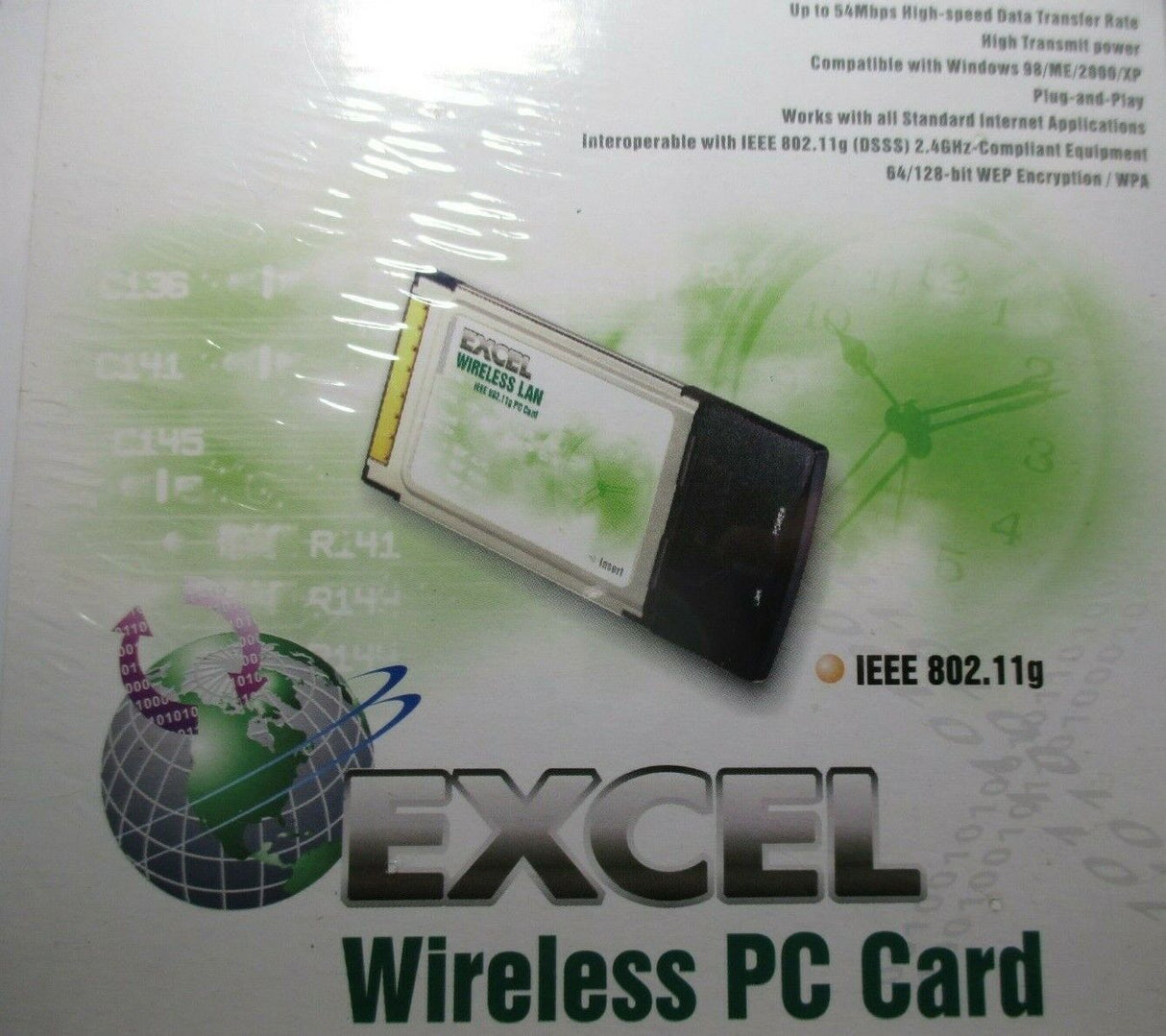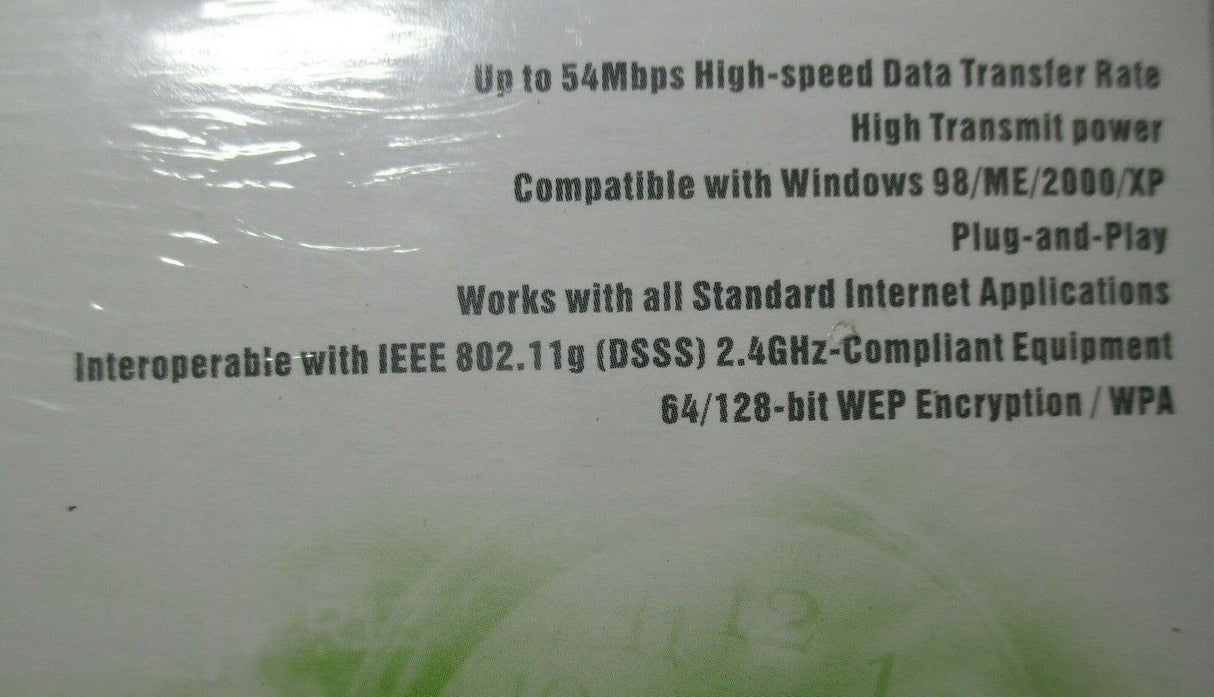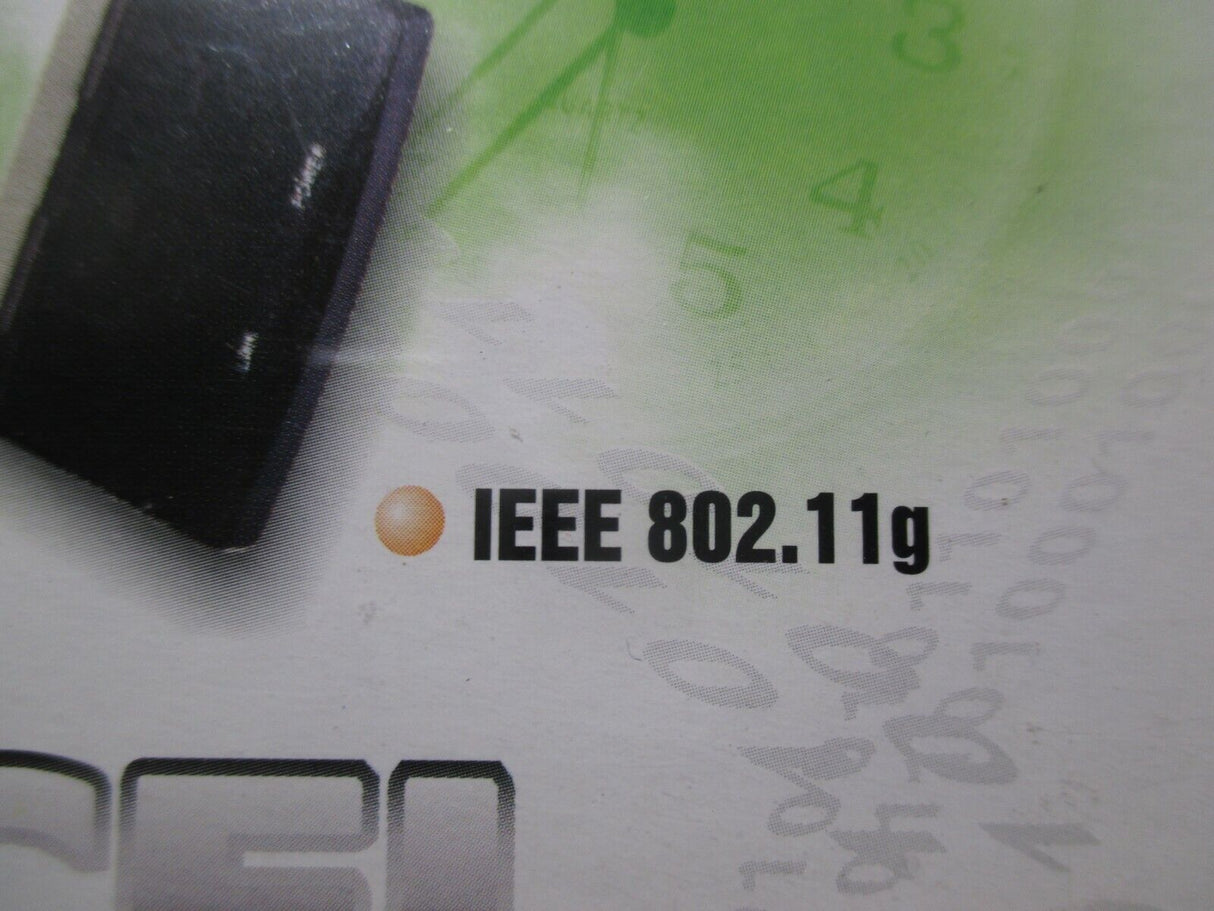PCMCIA to Wireless LAN Cardbus Card: Wireless G for laptop notebook computer
PCMCIA to Wireless LAN Cardbus Card: Wireless G for laptop notebook computer is backordered and will ship as soon as it is back in stock.
Couldn't load pickup availability
"Other" Laptop Parts:
"Other" Laptop Parts:
“All Parts are Guaranteed. "Other" Laptop Parts sold by Xdeal are either never used excess floor stock or recycled from dismanted laptops. There may be superficial imperfections due to items having been on display.”
Delivery and Shipping
Delivery and Shipping
We pride ourselves with picking and shipping the next day
Description
Description
History of Laptop Expansion Slots
Laptop expansion slots,initially standardized by PCMCIA in the early 1990s as PC Cards, evolved through CardBus (using PCI technology) and ExpressCard, eventually giving way to smaller, faster standards like Mini PCI and M.2.Here's a more detailed look at the history of laptop expansion slots:
- Early PCMCIA (1990):The Personal Computer Memory Card International Association (PCMCIA) established standards for expansion slots in laptops, initially with 16-bit ISA-based PCMCIA cards.
- CardBus (1995):PCMCIA introduced CardBus, a 32-bit version of the PC Card, using PCI technology for faster data transfer.
- ExpressCard (2003):PCMCIA's standard for expansion slots evolved into ExpressCard, which could use either a single channel of PCI-E or USB 2.0.
- Mini PCI (Version 2.2 of PCI):An internal connector for laptop cards was introduced in version 2.2 of the PCI specification.
- PCIe (PCI Express):PCI Express (PCIe) emerged as a high-speed serial bus standard, replacing older standards like PCI and AGP.
- Mini PCI-E and M.2:PCIe technology came in smaller forms like Mini PCI-E and M.2, which are commonly used for internal expansion cards like Wi-Fi, Ethernet, and storage.
- MXM (Mobile PCI Express Module):A type of expansion card used for graphics cards in laptops.
- mSATA:Some PCI Express Mini or M.2 card slots also support Micro SATA (mSATA) functionality, allowing the use of SATA-based solid-state drives.
- USB 3.0 and Beyond:The rise of USB 3.0 and higher speeds led to a decline in the use of traditional PC Card and ExpressCard slots, as USB ports offer similar functionality.
Payment & Security
Payment methods
Your payment information is processed securely. We do not store credit card details nor have access to your credit card information.
Looking after your Laptop: An Example
ALWAYS BACK UP ALL FILES THAT ARE IMPORTANT TO YOU! Consider your needs carefully. Your laptop is a very important possession. xdeal.com.au is not responsible for any loss of data, software issues, damaged property or personal injury. Use this site, videos, and any advice at own risk.


